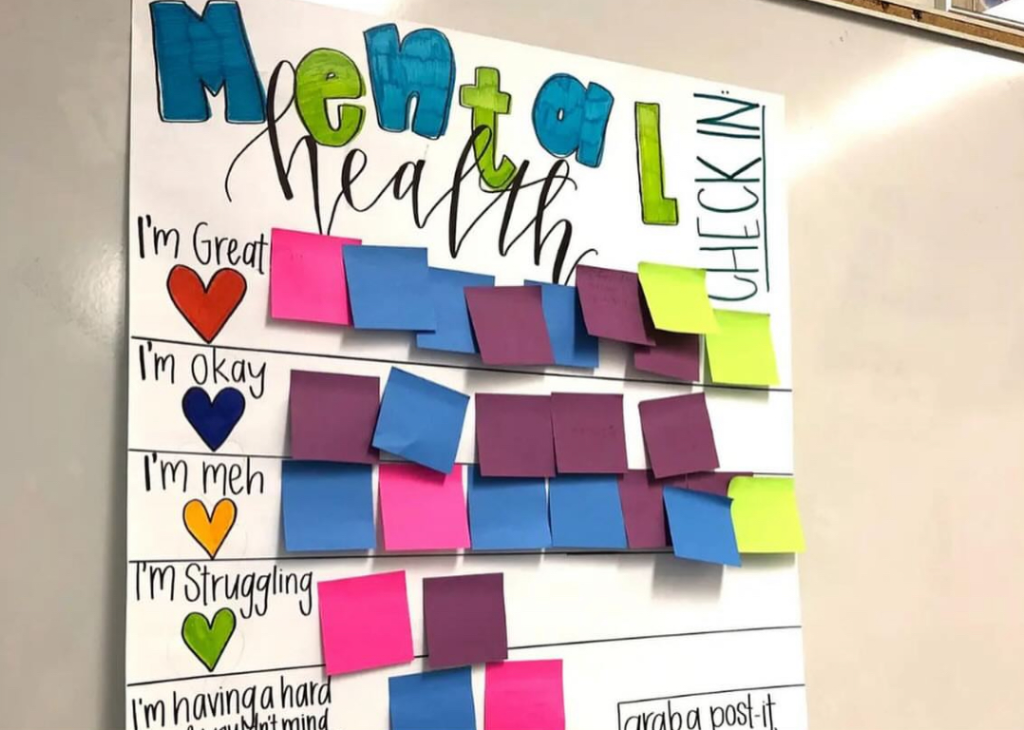
When we think of mental health support, we often imagine therapy sessions in quiet offices or medication prescribed by a psychiatrist. But now, the digital world is becoming part of the mental health toolkit—and fast. In the past few years, there’s been an explosion in mental health apps, AI-powered chatbots, and online therapy platforms. What started as a convenience during the COVID-19 pandemic has evolved into a full-blown tech-driven movement in mental health care.
One of the most exciting developments is the use of AI in early detection and diagnosis. Algorithms trained on large datasets can now spot early signs of depression, anxiety, or even suicidal ideation by analyzing how people speak, write, or interact online. Some tools monitor voice tone, typing speed, or social media patterns to flag behavioral shifts that might go unnoticed by a human observer. Researchers at institutions like MIT and Stanford are actively studying these technologies—and early results are promising. These AI models aren’t meant to replace therapists, but they could help catch warning signs earlier and get people the support they need faster.
Apps like Woebot, Wysa, and Headspace are also using AI and cognitive behavioral techniques to deliver on-demand mental health coaching. Woebot, for instance, engages users in brief, friendly conversations to help them reframe negative thoughts or manage daily stressors. While it’s not a substitute for long-term therapy, users report it as a helpful supplement—especially in moments when a human therapist isn’t available. A randomized controlled trial published in JMIR Mental Health found that Woebot users showed significant reductions in depressive symptoms after just two weeks of use.
That said, not all digital tools are created equal. One of the biggest challenges researchers face is regulating quality and privacy. Some apps may offer little more than feel-good quotes, while others gather sensitive mental health data without robust protections. That’s why experts recommend using only evidence-based tools that have been reviewed by mental health professionals or published in peer-reviewed journals. The American Psychiatric Association and other groups are working on rating systems to help consumers choose apps that are both safe and effective.
Still, there’s no denying the benefits of accessibility. For people in remote areas, on tight budgets, or facing long waitlists for traditional therapy, digital tools can be a game-changer. They may not replace human connection—but they’re creating new pathways to care that didn’t exist before. As AI continues to evolve, it could soon play a larger role in personalized mental health support—one that fits seamlessly into daily life, right from your phone.